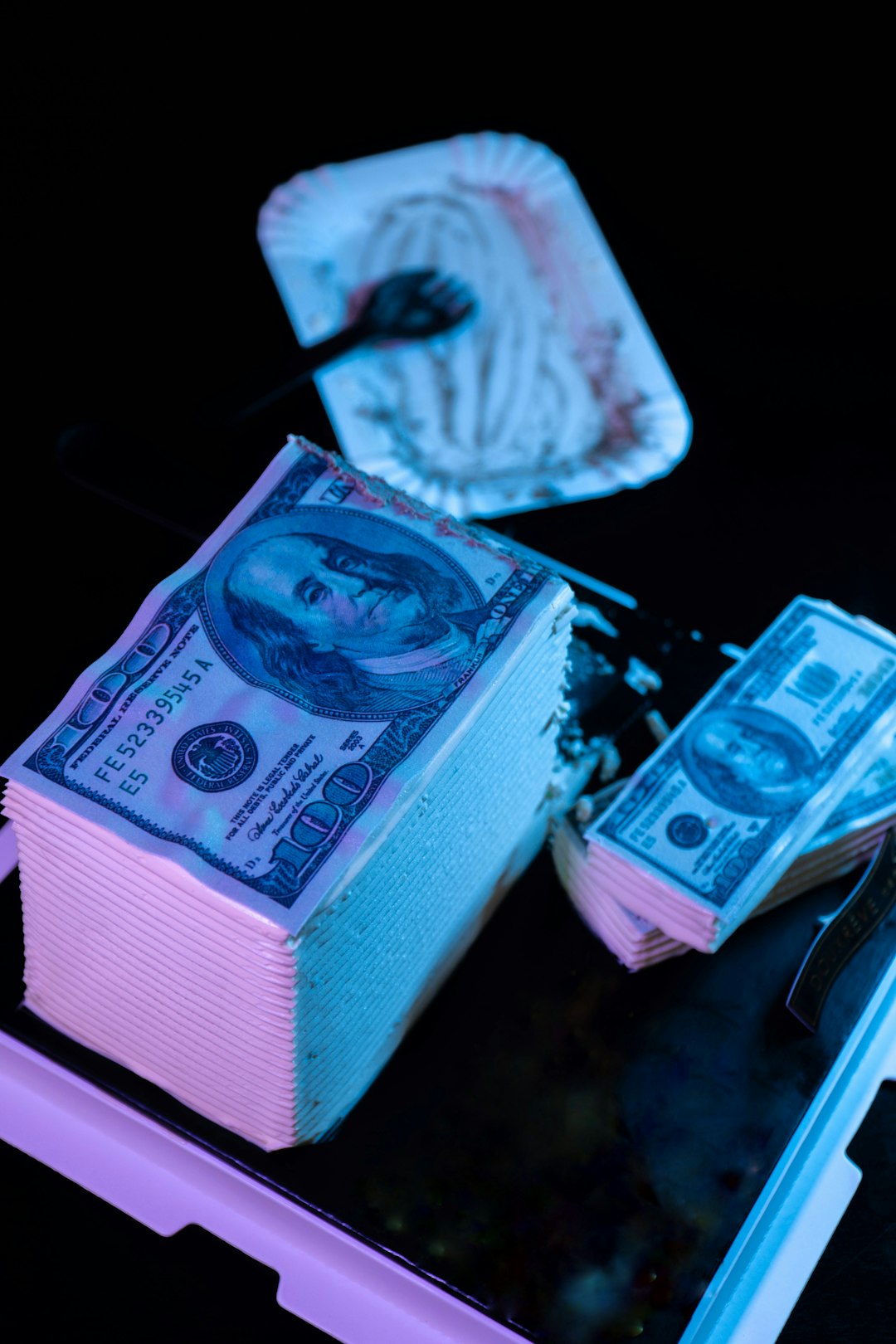Almighty Dollar lets Americans eat their inflation and have cake, too.
The question is: How long will $ dominance last?
When we were junior military officers, my best friend at Osan airbase told me about this other young officer who got on his nerves. Why? The guy was always mixing metaphors, saying things like, “Afte…



